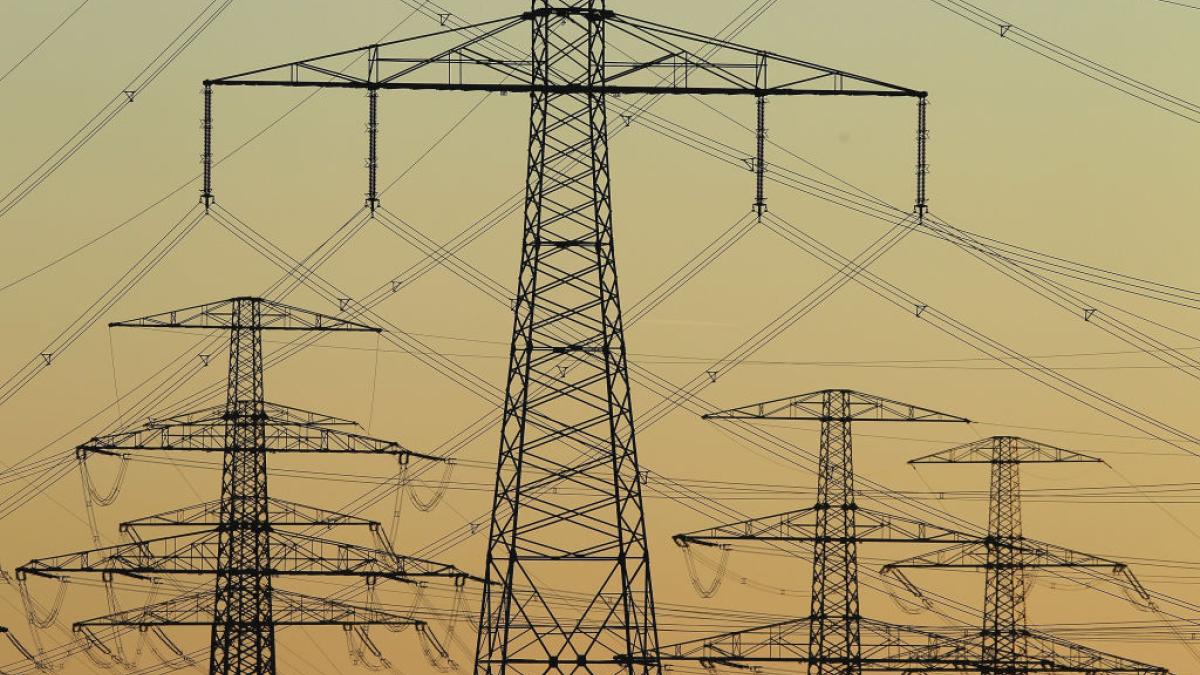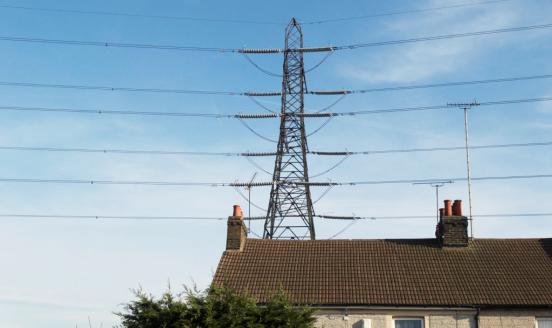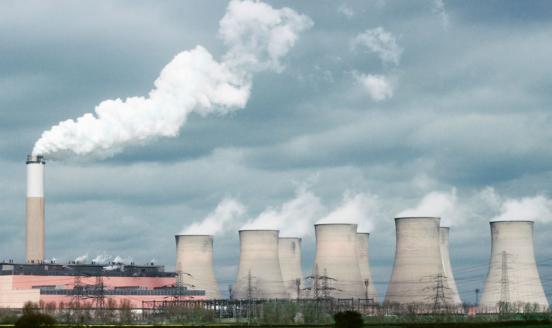Electricity tariffs dashboard
This dashboard provides an overview of electricity prices in EU member countries until the end of 2022.

The different ways in which European Union member-state governments add levies to the price of electricity creates huge discrepancies in the prices paid by consumers. Europe’s energy transition depends upon increasing electrification of the economy and increasing the share of that electricity produced by renewable sources. Both factors raise the importance of electricity taxes set by governments.
In January 2024, Bruegel published a policy brief which explores the debate on intervention in electricity pricing around five distributional dilemmas concerning the recuperation of electricity expenses: 1) whether to raise general or electricity taxes, 2) the split between household and companies, 3) the split between energy-intensive and non-energy intensive companies, 4) cross-border effects, and 5) trade-offs in attracting new clean-technology manufacturing factories.
You can read the policy brief by clicking here.
Given the importance of these distributional questions we compiled a comprehensive and interactive dashboard visualising final electricity prices in EU member countries. The dashboard is divided into three sections: 1) Electricity tariffs components in EU27 countries across different consumer types, 2) Cross-country comparison and 3) Electricity tariffs components evolution by country.


